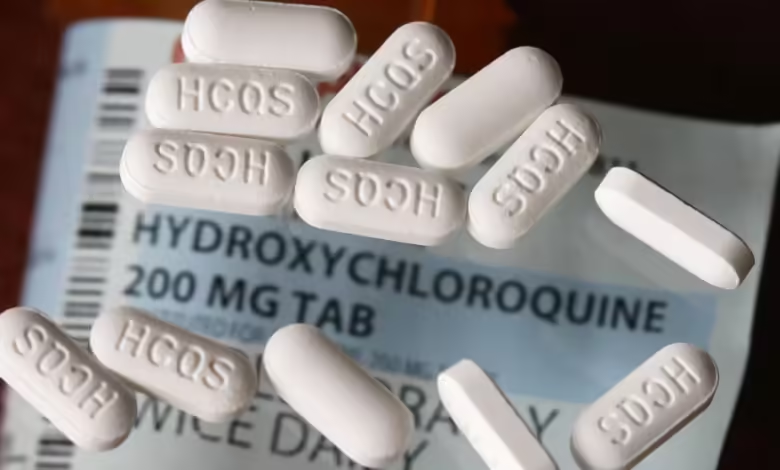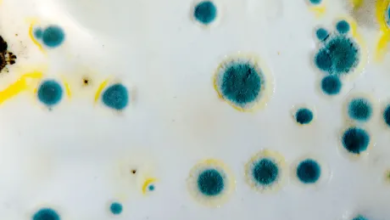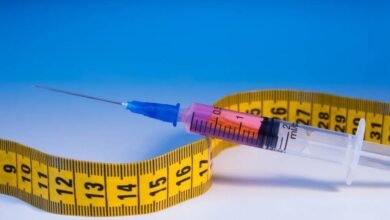
Hydroxychloroquine HCQ 200 mg is commonly used in the treatment of autoimmune diseases like rheumatoid arthritis and lupus. It is also known for its antimalarial properties and, at one time, was studied as a potential therapy for COVID-19. Here’s a breakdown of its mechanisms of action and how it works in the body to achieve its therapeutic effects.
1. Mechanism as an Immunomodulator
HCQ operates by modulating the immune system. Its anti-inflammatory properties are primarily due to its ability to stabilize immune cells like macrophages and inhibit the release of inflammatory chemicals, such as cytokines. This action helps reduce inflammation, which is why the HCQ 200 Hydroxychloroquine tablet is effective in autoimmune conditions where the immune system attacks the body’s tissues.
One of the main cellular actions of HCQ is raising the pH level in immune cells’ lysosomes (small organelles responsible for digesting cellular waste). This pH increase inhibits antigen processing, reducing the presentation of inflammatory antigens to the immune system. As a result, immune activation and inflammatory responses are decreased, helping alleviate symptoms in conditions like lupus and rheumatoid arthritis.
2. Antiviral Mechanism
HCQ has shown antiviral effects in various studies. For instance, it can inhibit viral entry and replication by altering cellular environments. When viruses enter host cells, they often need acidic conditions for certain stages of their life cycles. HCQ’s ability to increase lysosomal pH disrupts these stages, preventing viruses from effectively multiplying and spreading. This mechanism made HCQ a candidate for studying its potential effects on viruses like SARS-CoV-2, the virus responsible for COVID-19, though its efficacy for COVID-19 treatment remains debated.
3. Anti-Malarial Action
HCQ was initially developed as an antimalarial drug, closely related to chloroquine, and it works against Plasmodium parasites, which cause malaria. The drug accumulates in the acidic digestive vacuoles of the parasite and interferes with its ability to process hemoglobin, ultimately starving and killing it. By increasing pH levels in these vacuoles, HCQ disrupts vital metabolic processes, making it effective in preventing and treating malaria.
4. Inhibition of Toll-Like Receptors (TLRs)
HCQ also targets immune system components called Toll-like receptors (TLRs), which play a role in recognizing pathogens and initiating immune responses. In autoimmune diseases, these receptors can become hyperactive and attack healthy cells. HCQ inhibits TLR activation, reducing this hyperactivity and preventing excessive inflammation. This mechanism is particularly beneficial for conditions such as systemic lupus erythematosus, where TLR activation can contribute to chronic inflammation and tissue damage.
5. Antithrombotic Properties
Research suggests that HCQ may have mild anticoagulant effects, which can help reduce the risk of blood clots. In autoimmune conditions like lupus, patients are at an increased risk for developing blood clots. HCQ’s ability to reduce platelet aggregation and disrupt the formation of thrombi (clots) adds another dimension to its therapeutic benefits for these conditions, contributing to its protective role.
In summary, HCQ 200 mg works through multiple pathways to reduce inflammation, modulate the immune response, and, in some cases, prevent viral and parasitic activity. This multifunctional profile is what makes it a versatile and widely used drug across various conditions, including autoimmune diseases and malaria prevention.



